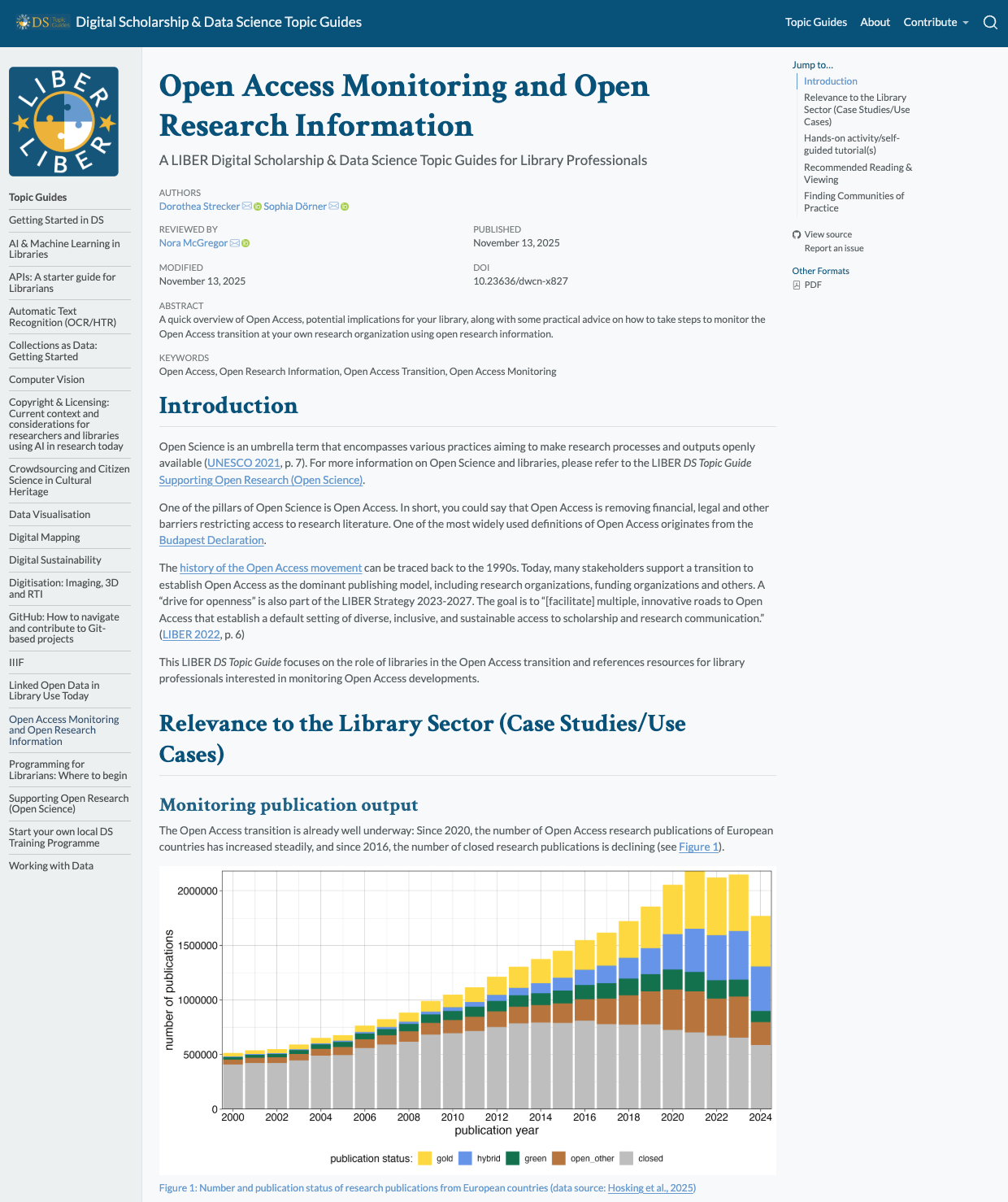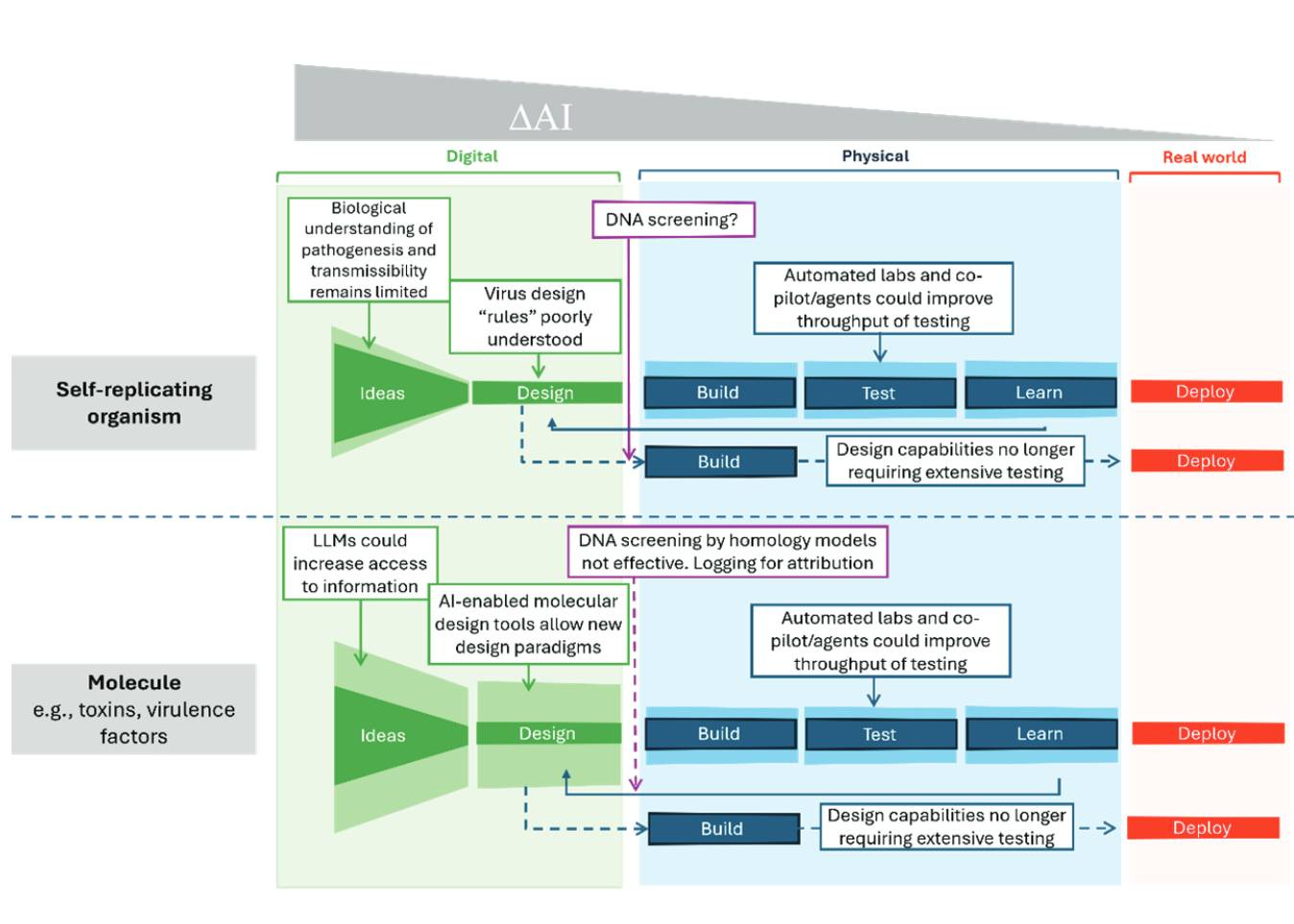
The Rogue Scholar science blog archive started work on improving the subject classification of blog posts, using an open approach to subject classification developed by CWTS and OpenAlex.

The Rogue Scholar science blog archive started work on improving the subject classification of blog posts, using an open approach to subject classification developed by CWTS and OpenAlex.

I have been a fanboy of prominent animal physiologist Knut Schmidt-Nielsen for a long time. I first encountered his papers back in the late 90s, working on my MS thesis at OU. I realized that vertebral pneumaticity in sauropods implied, among other things, that I had better get to reading about birds.
This contribution centers refugees as political actors and knowledge producers. Refugees and asylum seekers challenge dominant perceptions of them as mere, apolitical beings, as dangerous individuals, or as exploitable labor. They accomplish this by creating their own counter-knowledge, in which they narrate a different story about themselves.

Drawing is how I understand things best, and it’s one of the ways I teach myself new subjects. My top advice for anyone wanting to be a paleontologist is “learn how to write” and “learn how to draw”, which really boil down to, “practice writing and drawing”. You only get better by doing.

Another annoying error that you can get, during a docker build, that basically does not explain what’s going on is something like:
Background Scholarly metadata, deposited by thousands of our members and made openly available can act as “trust signals” for the publications. It provides information that helps others in the community to verify and assess the integrity of the work.
As part of the ARIA Engineering Ecosystem Resilience program, we've been convening a series of workshops here at the Cambridge Conservation Initiative to explore the potential of combining two very radically different approaches to modeling. Joe Millard wrote this to frame the discussion: We held two separate workshops to explore this;

Das Projekt OA Datenpraxis verfolgt das Ziel, die Open-Access-Transformation in Deutschland voranzubringen, indem der Umgang mit Publikations- und Kostendaten untersucht und unterstützt wird. Das Projektteam hat nun Informations- und Lernmaterialien zu Monitoringaktivitäten mit offenen Datenquellen veröffentlicht.
DOI: 10.60804/71BR-9Z42 Can you tell us a bit about your role at PLOS, and your involvement with open science? I’m the Chief Scientific Officer at PLOS and I have responsibility for the Editorial department. PLOS’s mission is to drive open science forward through meaningful changes in publishing.
We are delighted to announce the launch of a new matching strategy in the ROR API to help you match complex affiliation text strings to ROR IDs at scale.

A new Consensus Study Report from the National Academies of Sciences, Engineering, and Medicine is now available: The Age of AI in the Life Sciences: Benefits and Biosecurity Considerations.